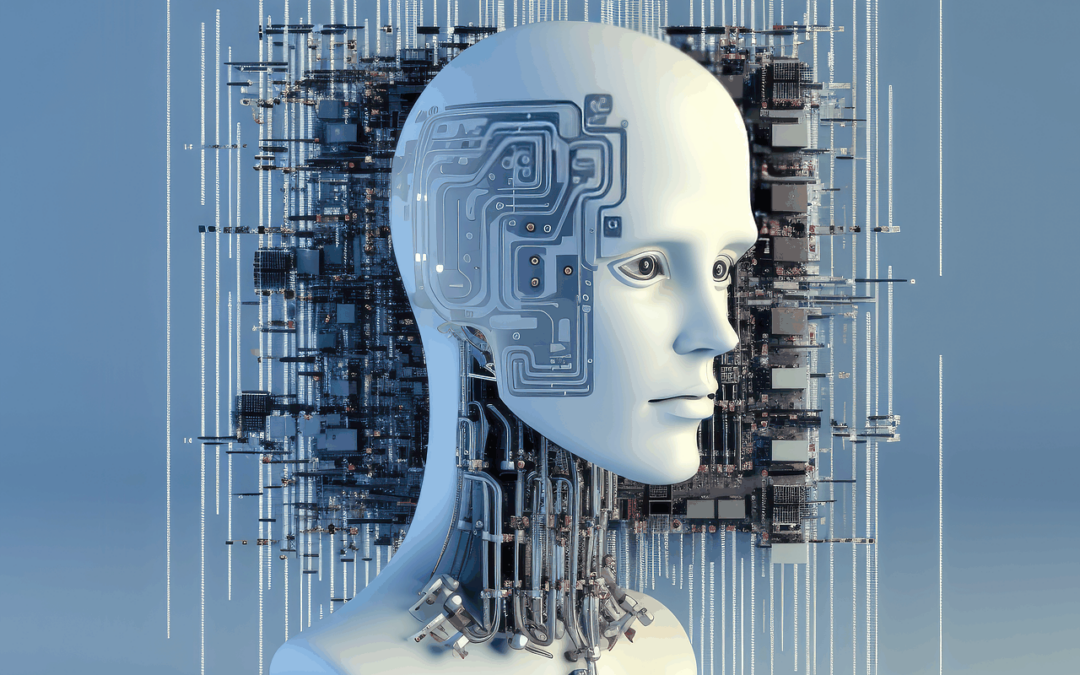
22 Mar 2024 | #AI in Research, #Impact, #OpenScience
To launch our new section ‘AI in Research’ Sascha Schönig spoke to Theresa Züger, head of the Public Interest AI research group, about the influence of AI on her personal day-to-day work in research, as well as on the science system as a whole. She gave some exciting insights about the risks and opportunities AI bears for research work and talked about tools her team is developing at the Alexander von Humboldt Institute for Internet and Society.

07 Nov 2023 | #OpenScience, #Power
In August 2023 Benedikt Fecher conducted an interview with Clemens Blümel from the German Centre for Higher Education Research and Science Studies (DZHW) on the topic of ‘what happens when science opens up and communicates’ and the emerging challenges for future scientific communication.

17 Oct 2023 | #Infrastructure, #OpenScience
In this interview Teresa Völker speaks with Dr. Volker Meyer-Guckel about challenges and possible futures of science communication.

18 Sep 2023 | #Harassment, #Impact, #ScientificAdvice
Niels Mede on how the rise of populist politics affects academic work, science communication practices of scholars engaging in public discourse and ways to address these challenges.

08 Aug 2023 | #Impact, #ScientificAdvice
Peter Weingart on changing perceptions of science’s role in society, safeguarding autonomy, and the concept of dual legitimacy for scientific knowledge in policy decisions.

31 Jul 2023 | #COVID-19, #Impact
Threats and attacks on researchers can lead them to self-isolate and retreat from public communication. We look at strategies to prevent this from happening.
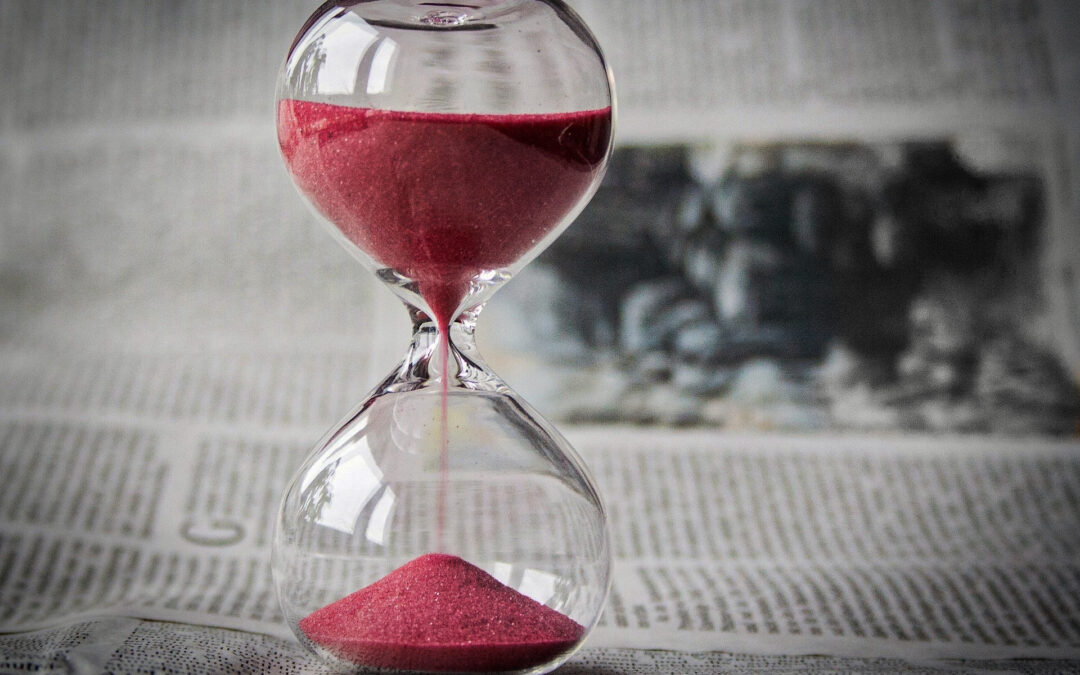
20 Mar 2023 | #Ethics, #Power
Kristin Eichhorn, co-initiator of #IchbinHanna, on fair working conditions in research and the failed reform proposal in Germany.

26 Oct 2022 | #Infrastructure
Kateryna Suprun on the fast-track digital transformation Ukrainian universities are currently going through in the face of the Russian war of aggression.
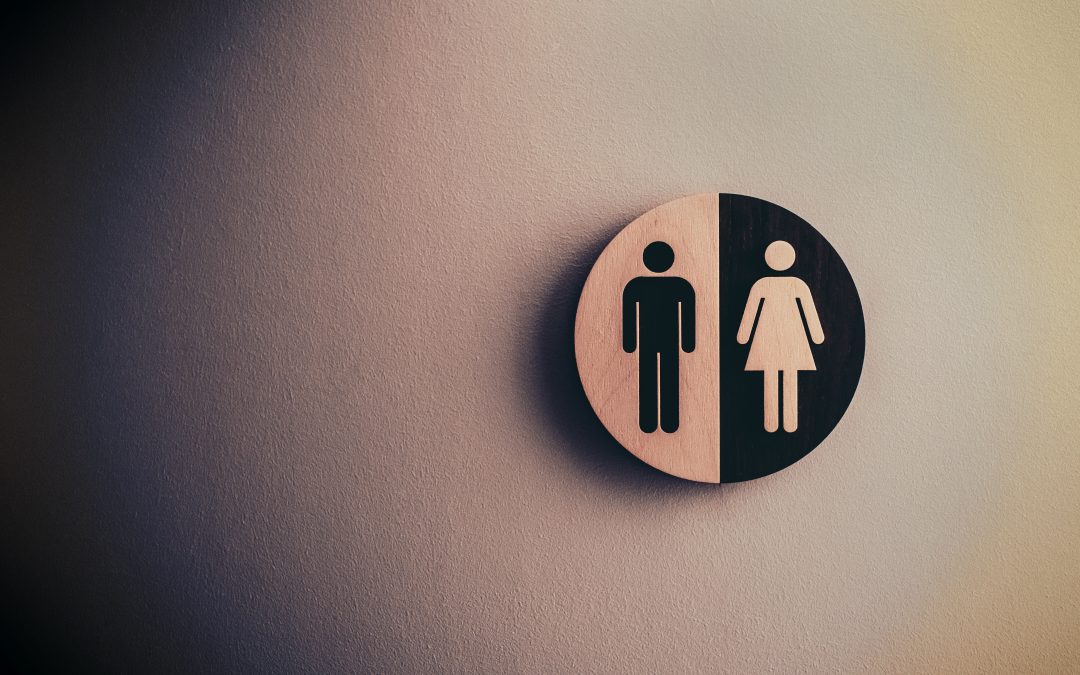
01 Dec 2020 | #Power
Haibo Ruan from the Lise Meitner Gesellschaft on the forms of power abuse in science, its gender dimension, and how to address and overcome it.
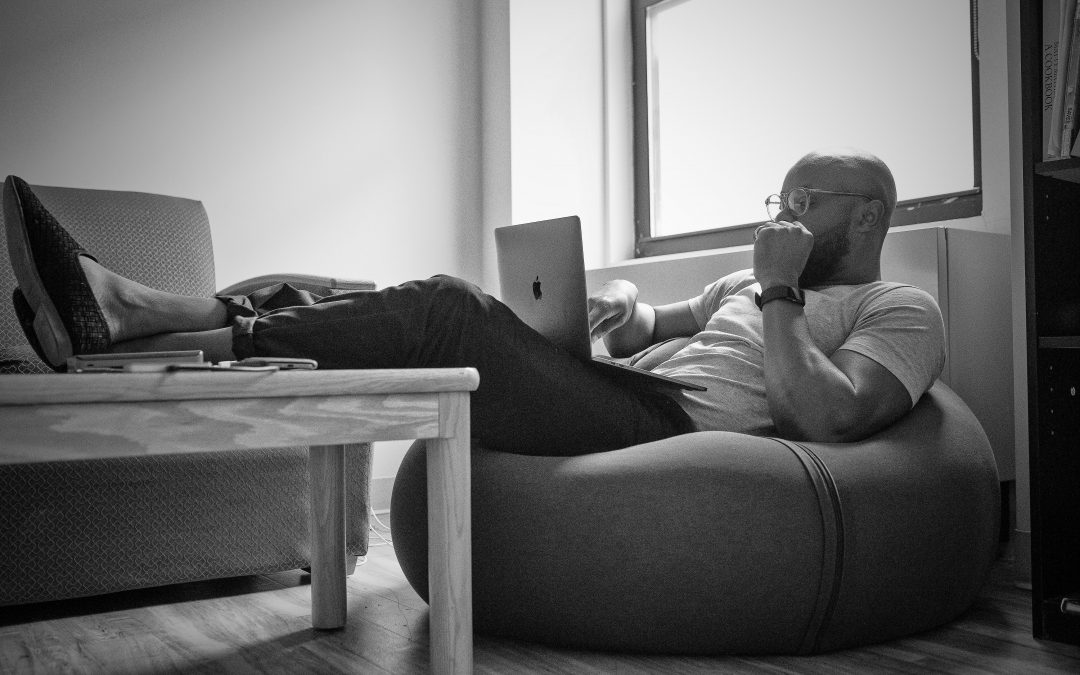
06 Oct 2020 | #COVID-19, #GlobalScience
Julia T. Scho on the challenges and positive experiences of researchers and scientists working around the globe during the pandemic

10 Aug 2020 | #COVID-19, #Impact
Mike Schäfer & Jing Zeng on the particularities of conspiracy theories on COVID-19, how to face them, and what role science communicators play while doing so.
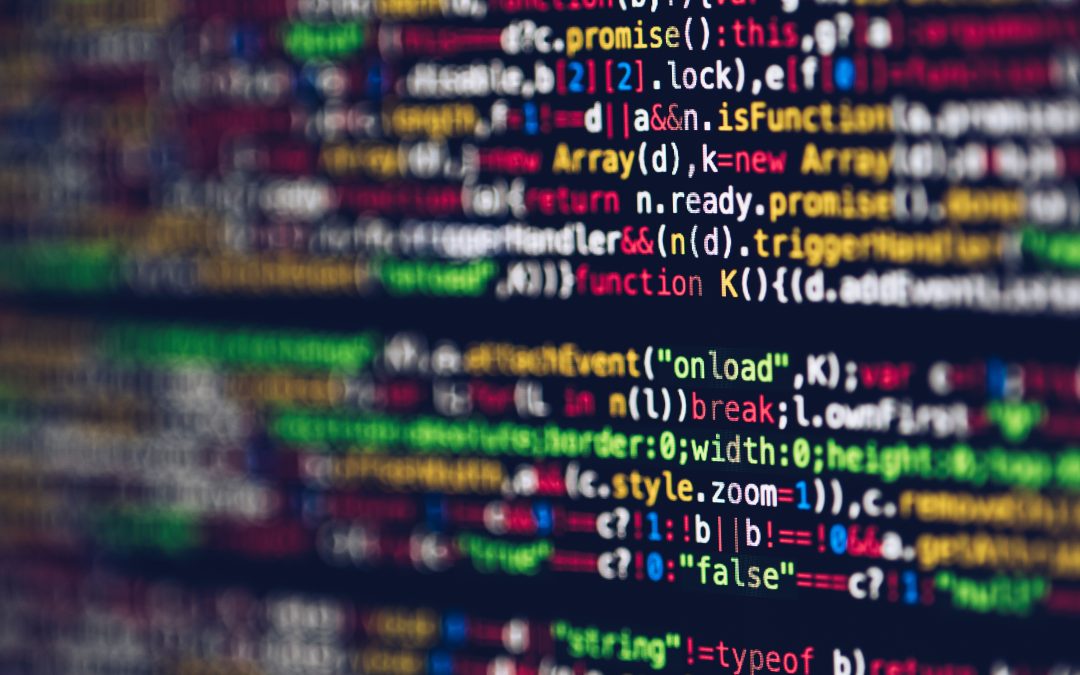
07 May 2020 | #COVID-19, #Infrastructure
In this interview with Teresa Völker, Prof. Villa talks about the initiative “Nicht-Semster” (calling for a cancellation of the regular spring semester during the Corona crisis) and how the crisis impacts the infrastructure of the german higher education system.
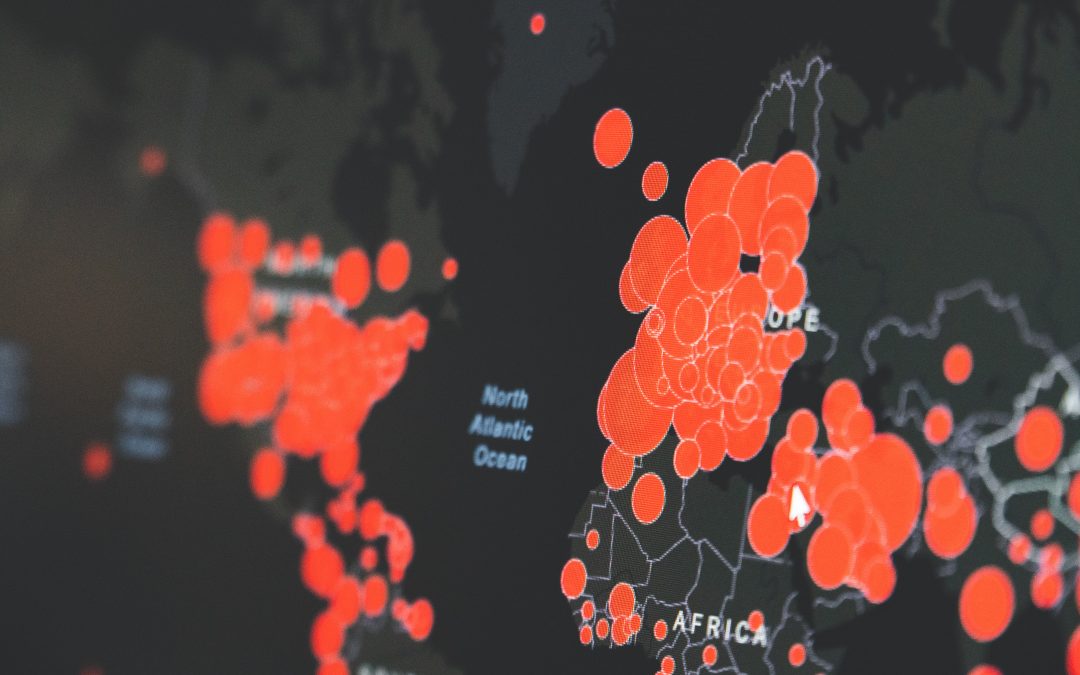
22 Mar 2020 | #COVID-19
Computational models can show how processess will behave in non-linear ways, but these demonstrations are very simplistic and do not consider all factors that influence the dynamic in reality.

21 Jan 2020 | #Ethics, #Impact
René von Schomberg on Responsible Innovation and its dimension of societal impact.
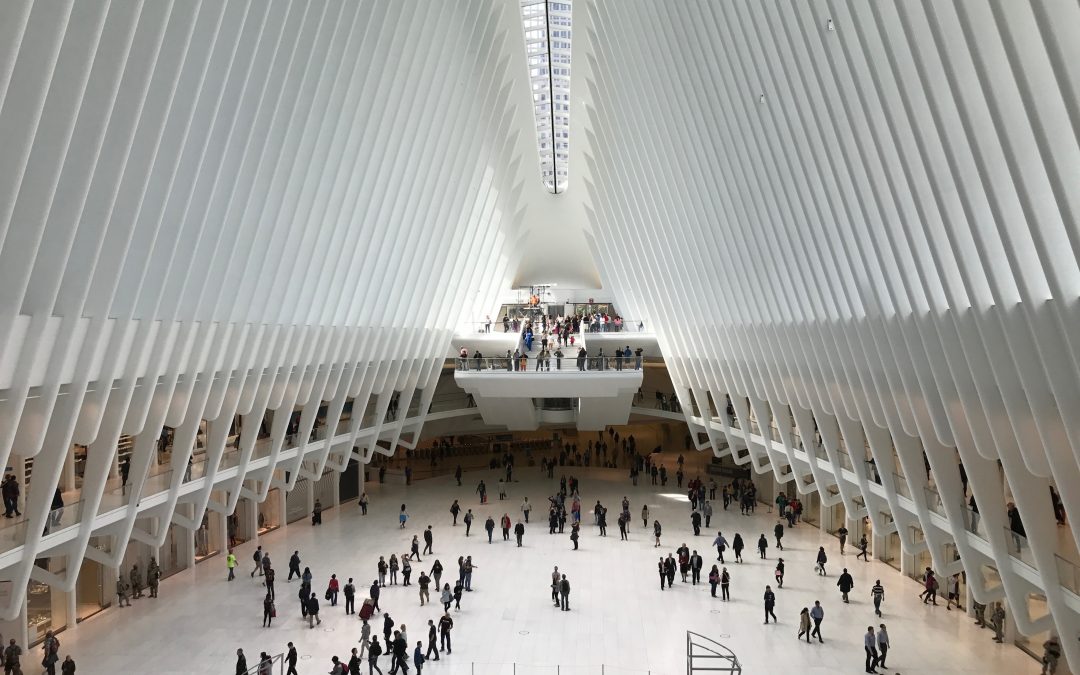
10 Dec 2019 | #Impact
Prof. Lupia on the value of social science, its responsibilities, potentials and application.
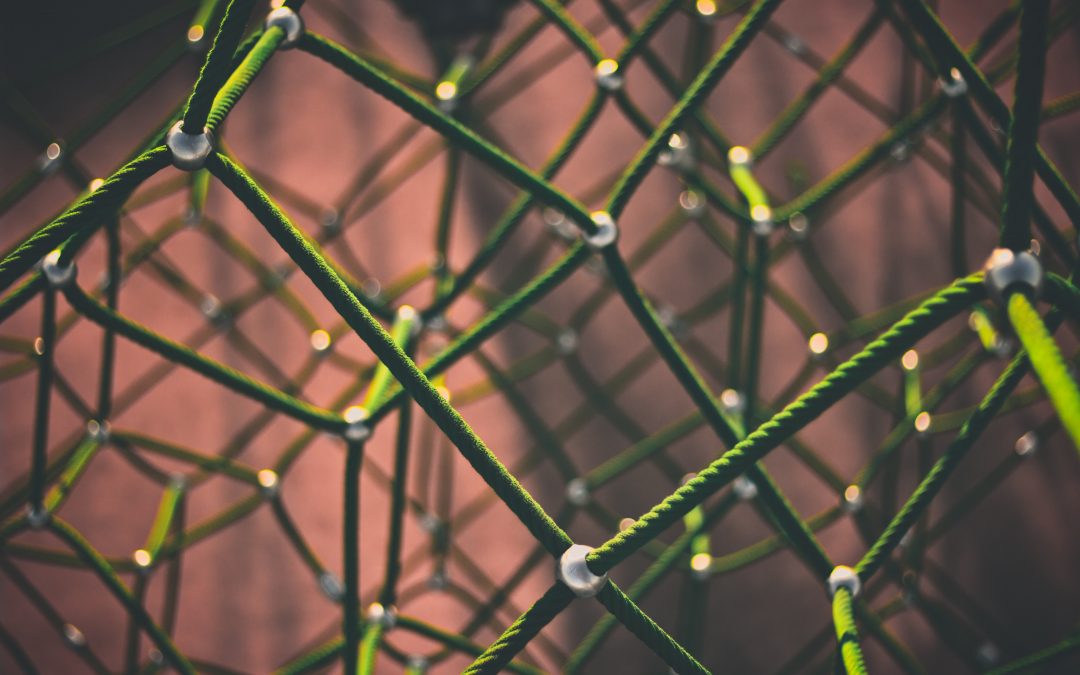
26 Nov 2019 | #Infrastructure
A driving force for Latin America’s research infrastructure: The São Paulo Research Foundation
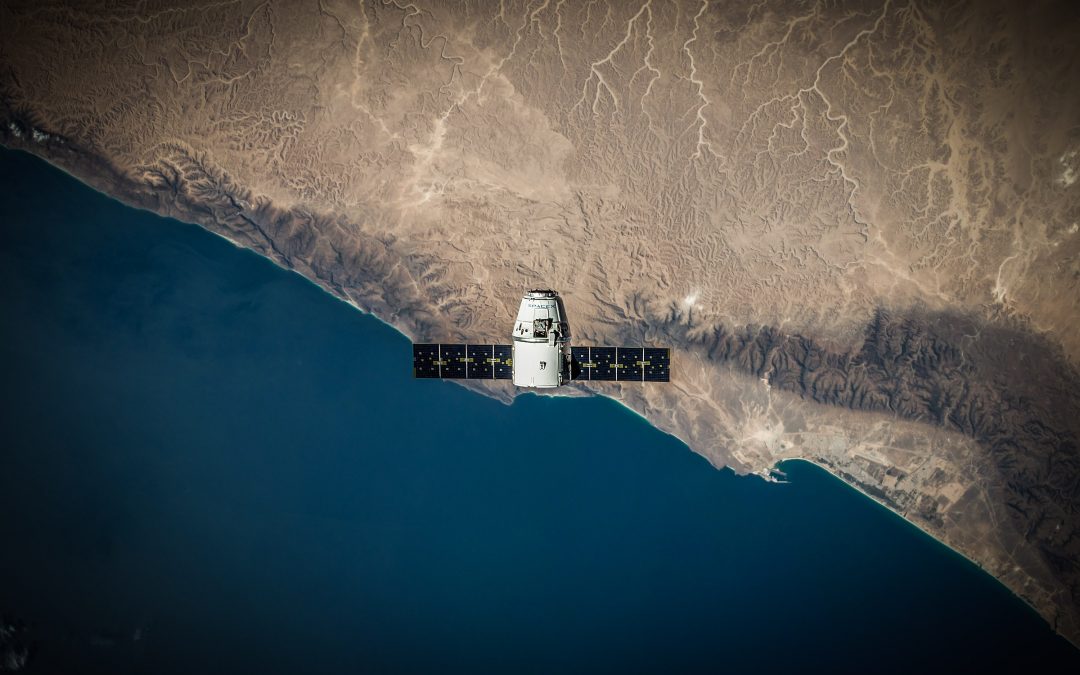
29 Oct 2019 | #Infrastructure
Pascale Ehrenfreund on the role of maintenance-intensive infrastructures, CC licenses, and the internet in the research of the DLR.

14 Aug 2019 | #GlobalScience, #Impact
Marion Poetz on what it takes to foster innovation in Science and how to make it more interesting for companies and organizations.

24 Jul 2019 | #GlobalScience, #Impact
Gregor Hagedorn, the initiator of Science for Future, explains how Scientists for Future uses a pro-active form of science communication to draw attention to global challenges.
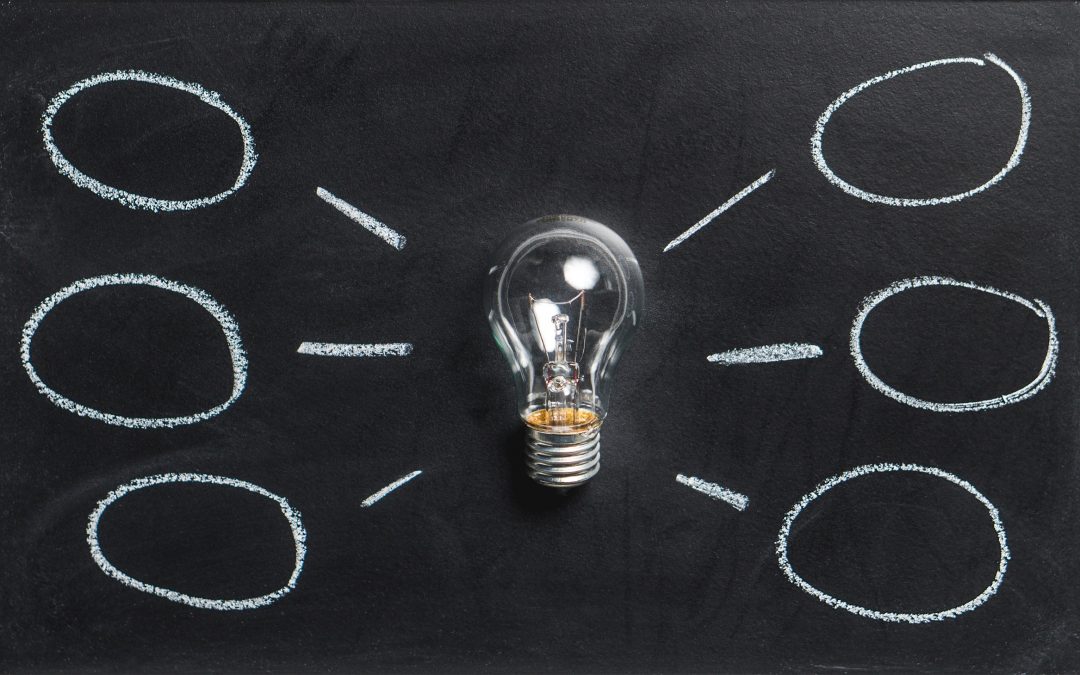
17 Jul 2019 | #GlobalScience, #Impact
How to support scientists in increasing the visibility and impact of their research? Tamika Heiden shows insights from her work.

11 Jul 2019 | #GlobalScience, #Power
Prevention of power abuse and supervision conflicts should be considered as a matter of good scientific practice, argues the doctoral researchers network N² in their postition paper. Jonathan Stefanowski explains how this can be done.

27 Jun 2019 | #Ethics, #GlobalScience
Adopting common guidelines is not enough for setting up a system of global ethics. Miltos Ladikas explains what else is needed.
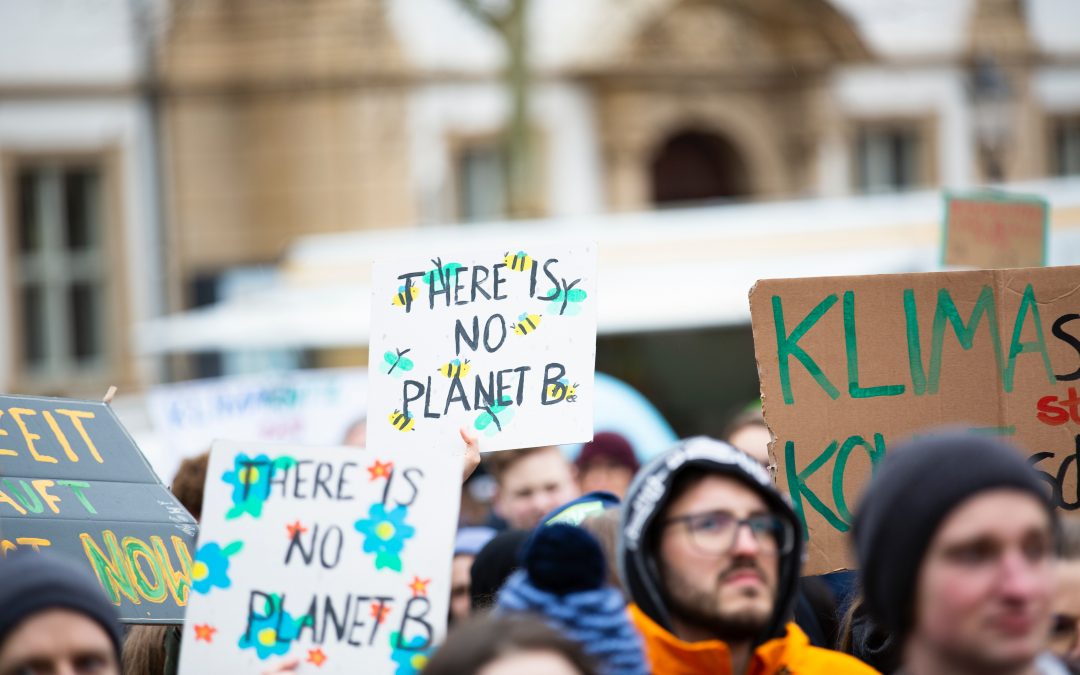
30 May 2019 | #GlobalScience
Martin Kowarsch’s take on the difficulties of global scientific assessments.

15 Apr 2019 | #GlobalScience
Michele Acuto about designing global networks of scientific policy advice and how to make them work.

13 Mar 2019 | #GlobalScience
Ellen Hazelkorn takes a look at the accuracy of university rankings from an international perspective.

18 Dec 2018 | #OpenScience
In this interview, Heather Ford (Senior Lecturer at UNSW) talks about chances and pitfalls of making African research more visible.
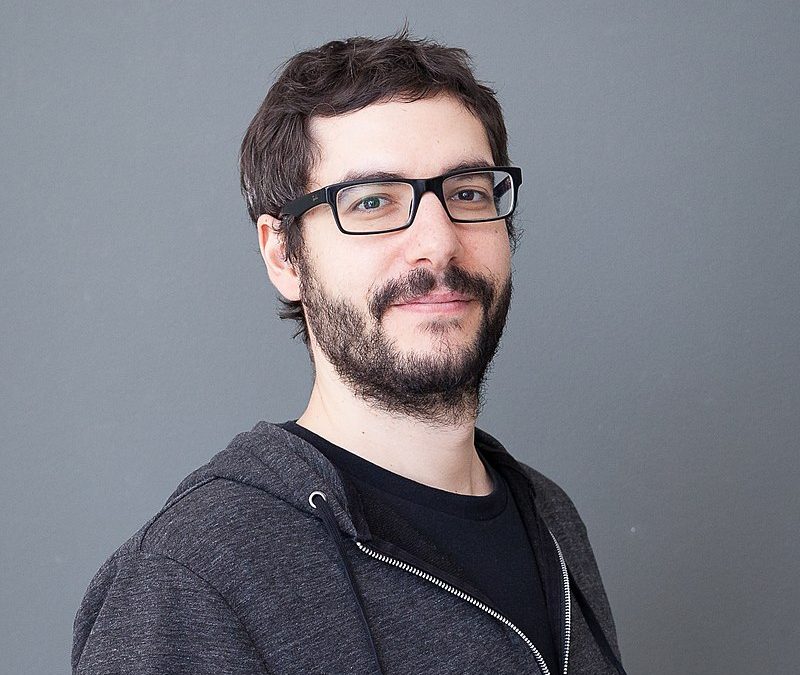
27 Sep 2018 | #OpenScience
Peter Kraker on Google Dataset Discovery, the open science movement, and his #DontLeaveItToGoogle campaign.
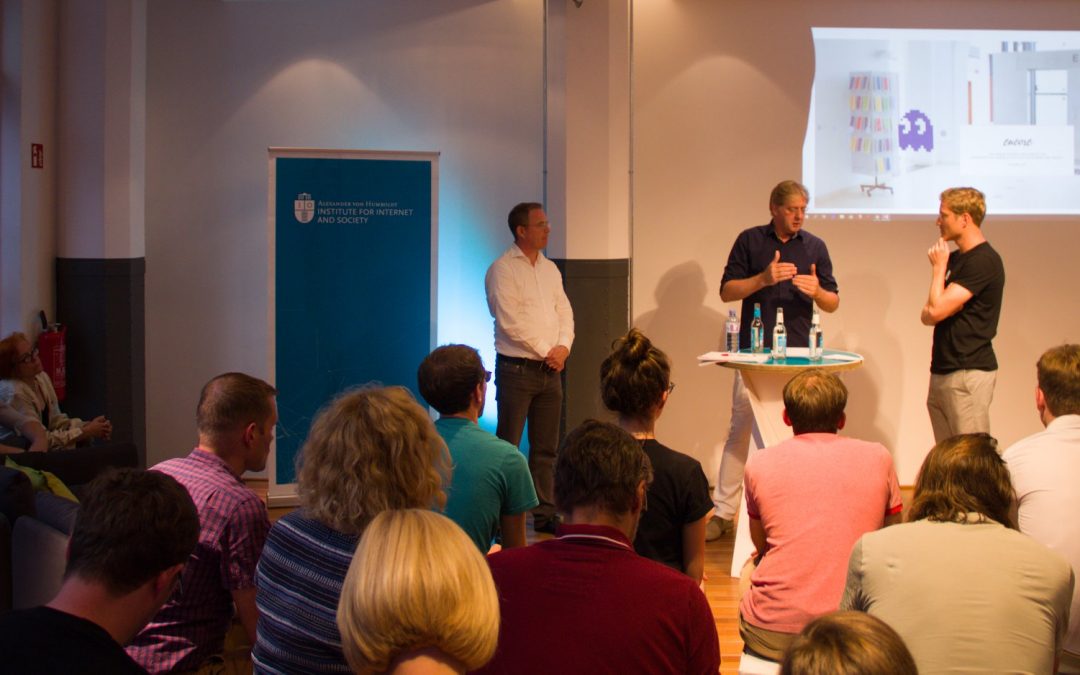
27 Aug 2018 | #OpenScience
Nick Fowler and Gerard Meijer on the future of Open Access in Germany. Will the negotiations continue?
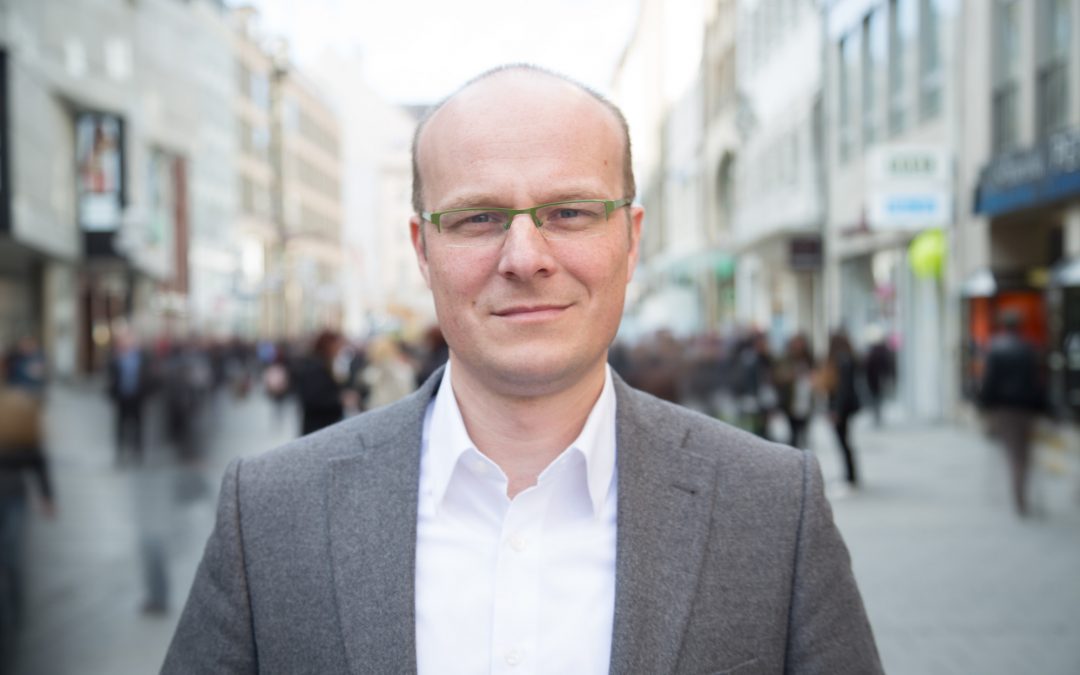
20 Aug 2018 | #Ethics
Classical and large institutions of liberal democracy like politics and the media are increasingly less trusted. What about science?
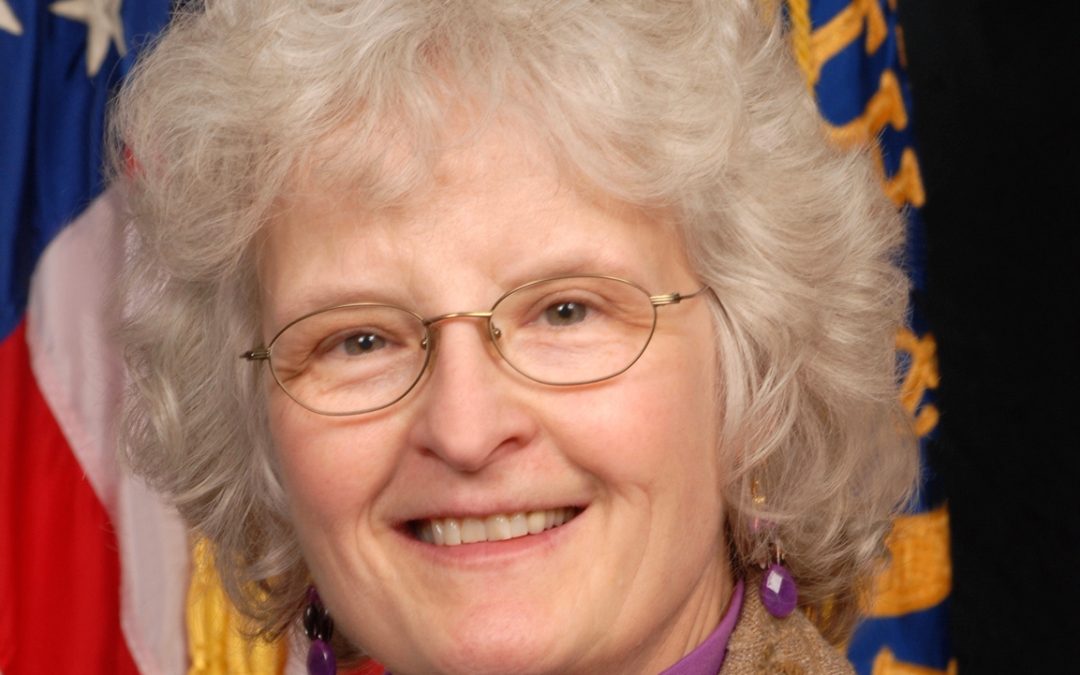
25 Jul 2018 | #Ethics
Wanda Jones explains how to promote good scientific practices and what universities could do to integrate them into their curricula.
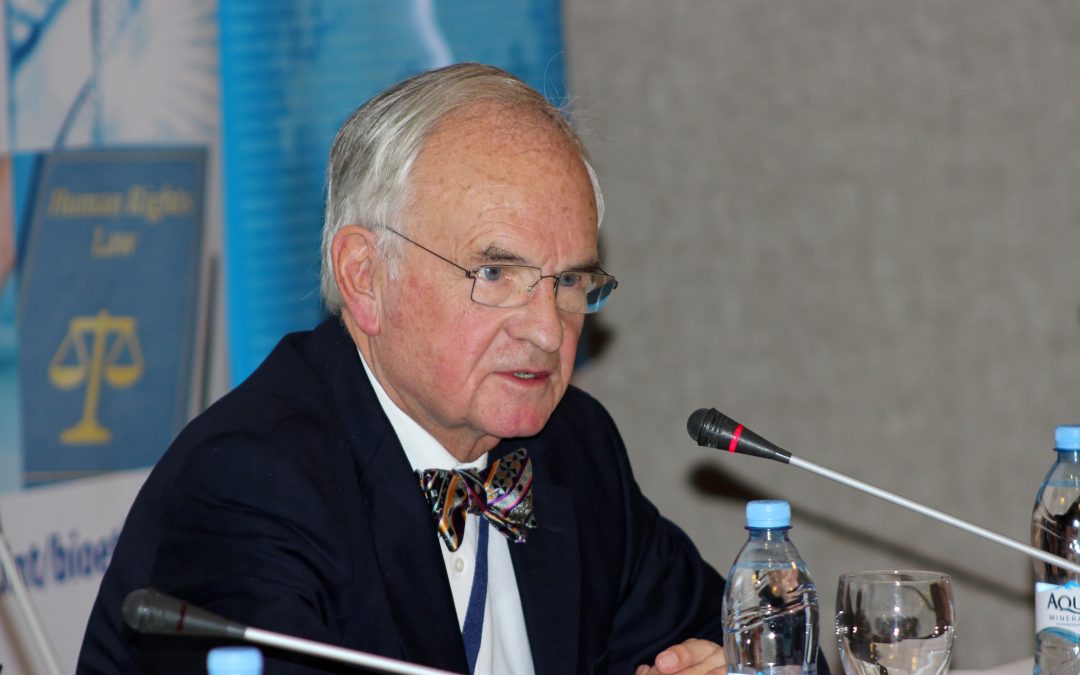
16 Jul 2018 | #Ethics
Elmar Doppelfeld explains why promoting ethics in science is a challenge that must be tackled on a european level.
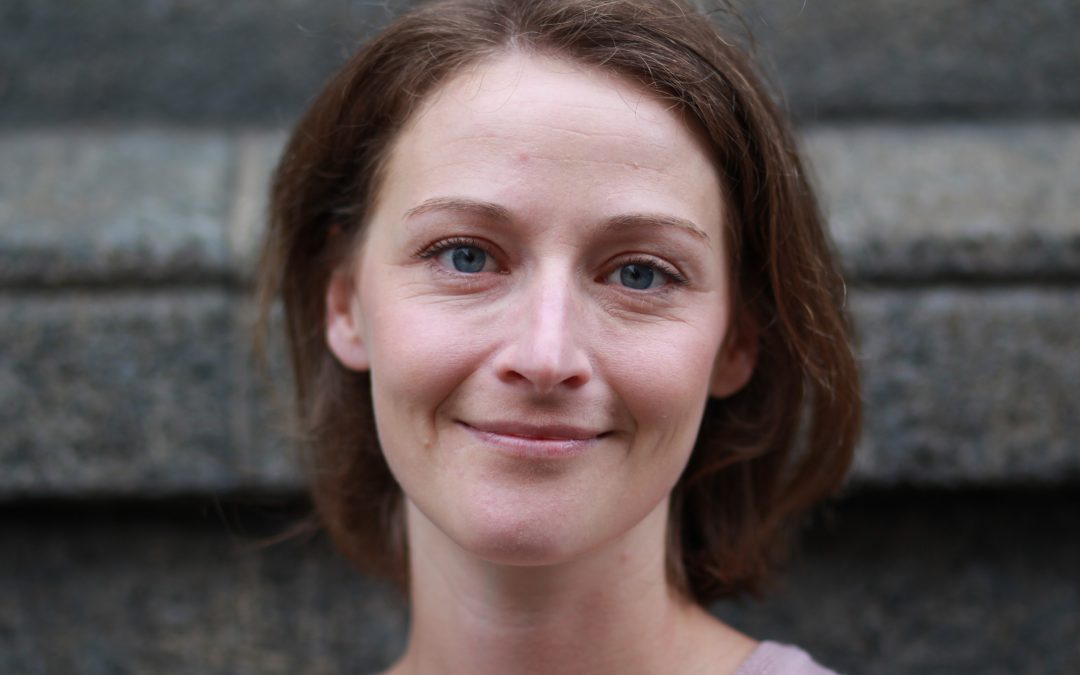
18 Jun 2018 | #Ethics
Annette Birkeland explains, how an efficient strategy of promoting good scientific practice should look like.
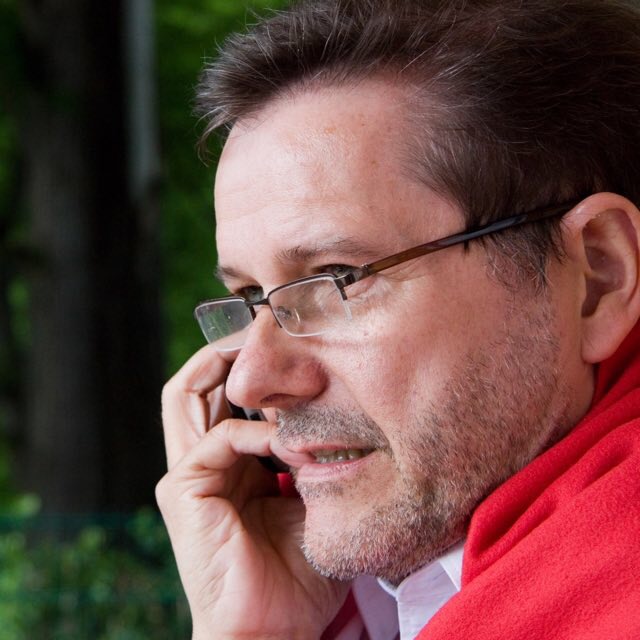
11 Apr 2018 | #Impact
Search for the truth, but also provide contributions to problem-solving and make reliable predictions.
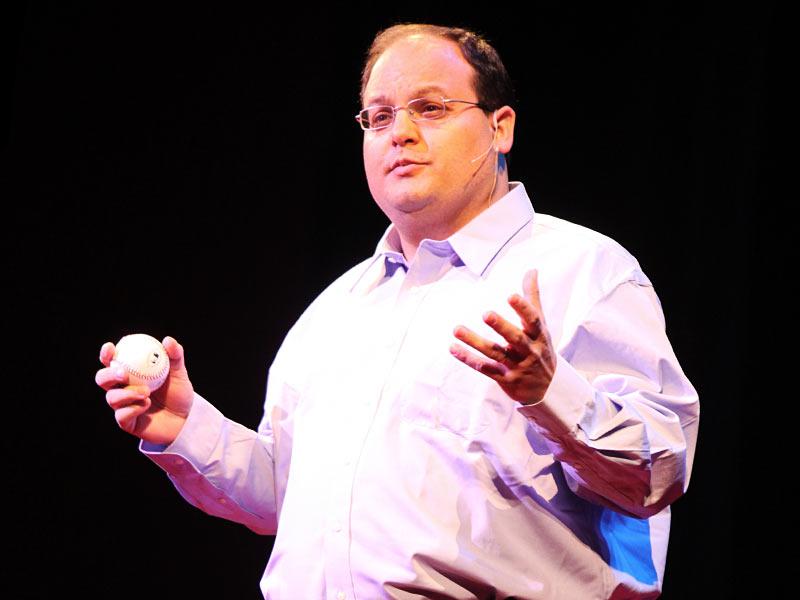
26 Mar 2018 | #Impact
What should a scientist do if he or she realized that there is an error in research? What kind of implications can this have on their future career?
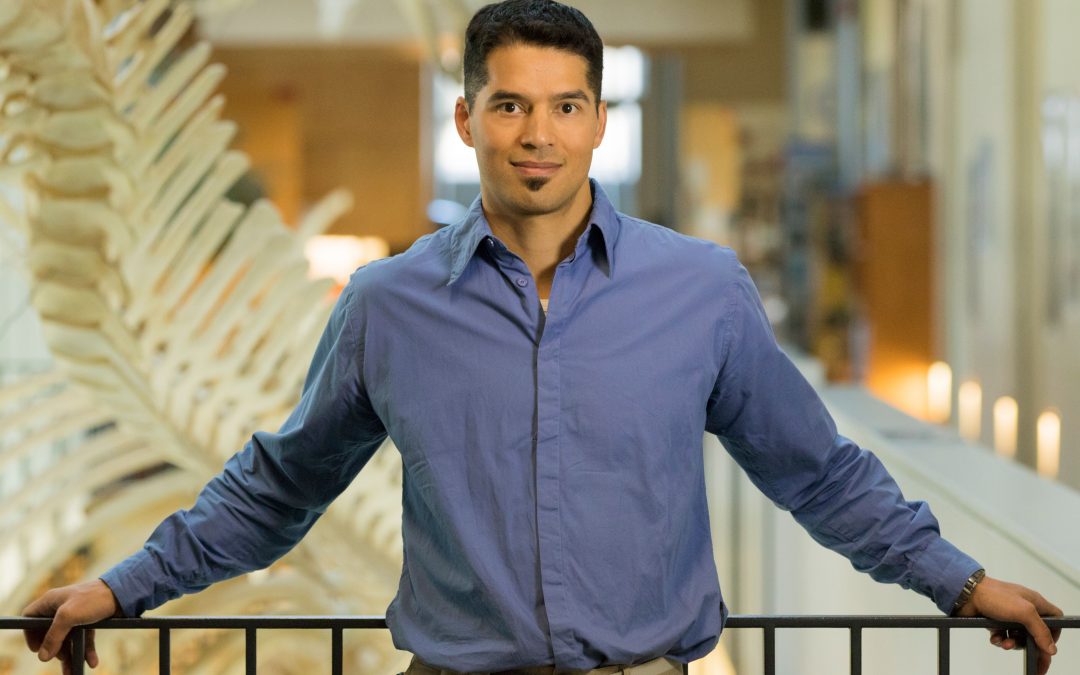
26 Feb 2018 | #Impact
An interview with Kai Chan and his strategies to seek the combination of both kinds of impacts.
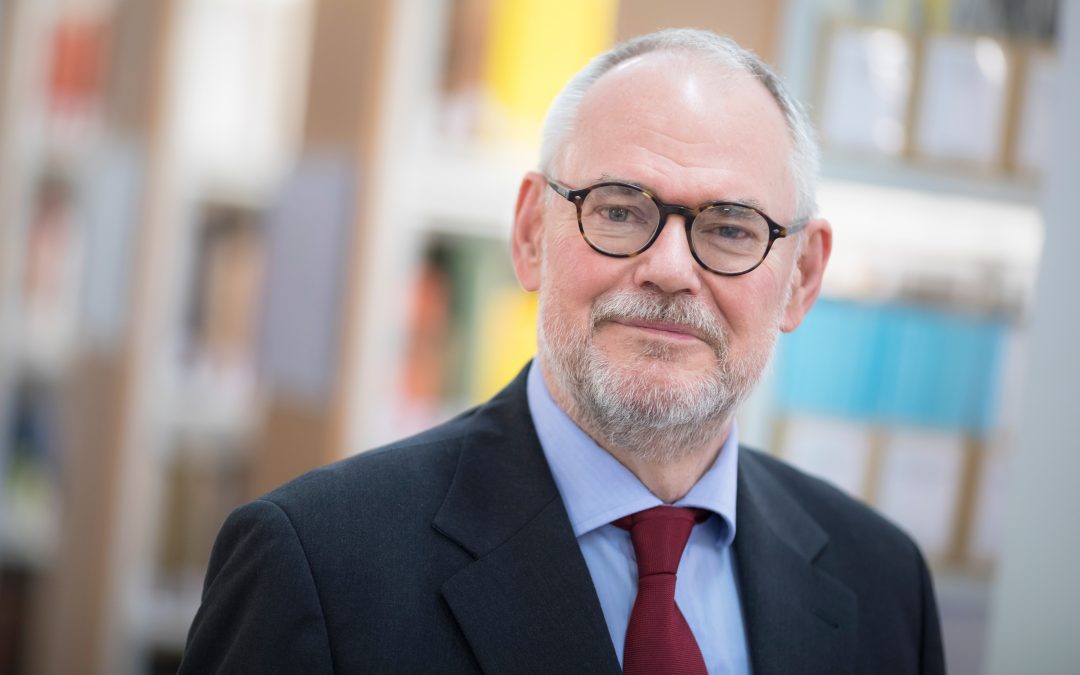
13 Feb 2018 | #Impact
“Scientists who oversell their results are a big problem for science.”
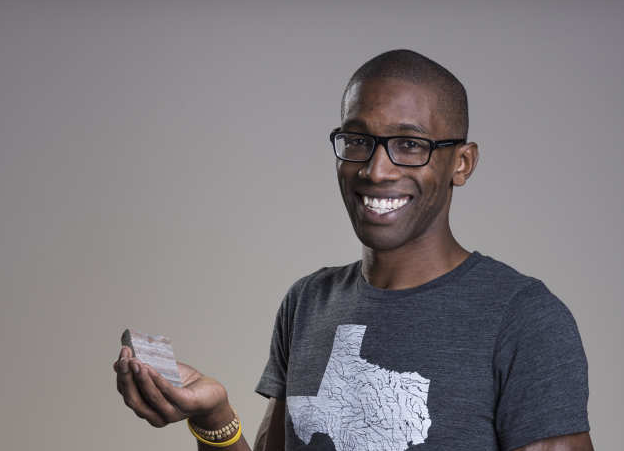
15 Jan 2018 | #Impact
Christopher Aiden-Lee Jackson researches the Earth’s structure. In his opinion, scientists have to care more about informing their findings to policymakers.
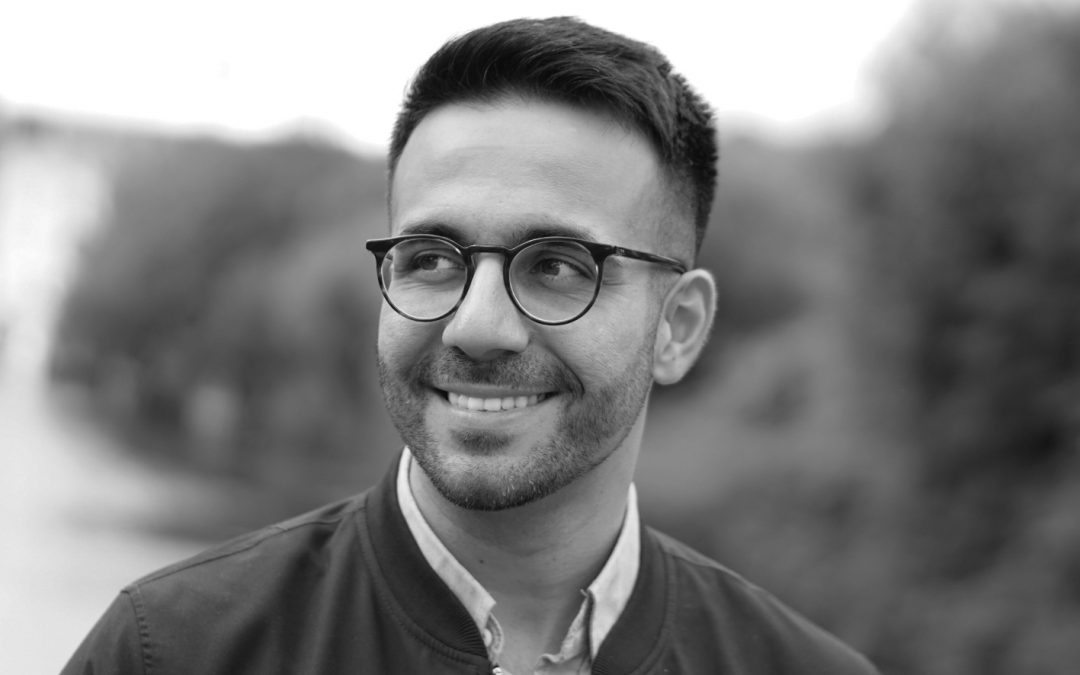
01 Dec 2017 | #Impact
Open Science advocate Shakib Wassey tells how a digital platform for open scientific publication and interactive evaluation could change scientific publishing.
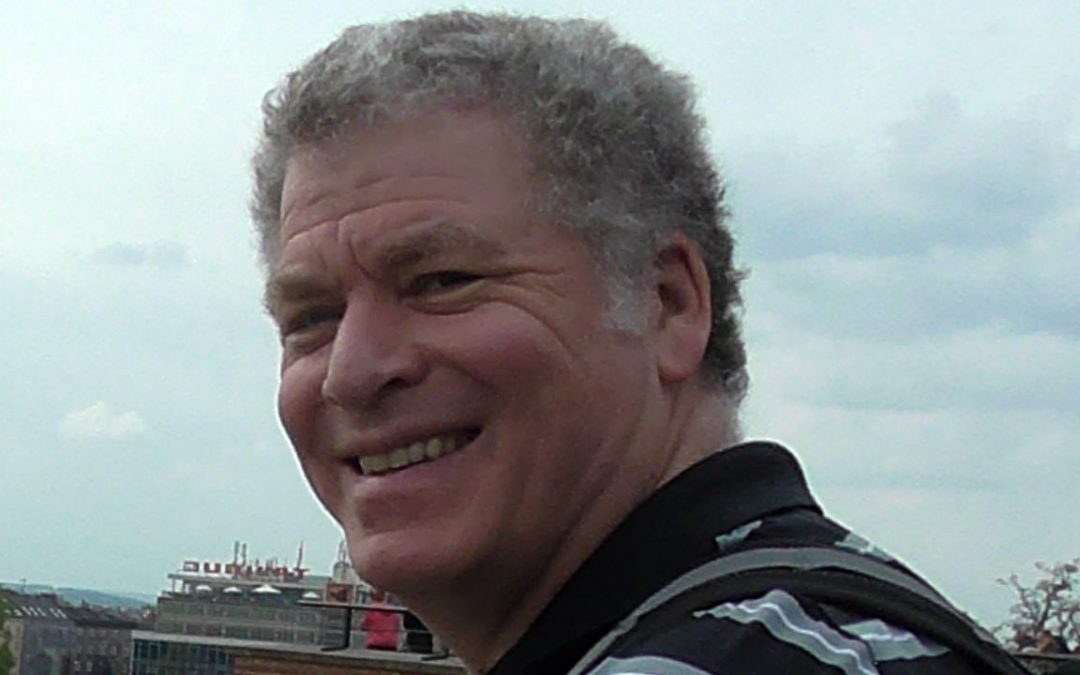
24 Aug 2017 | #Impact
3 questions to Jeremy M. Berg about the future of scholarly publishing.







































